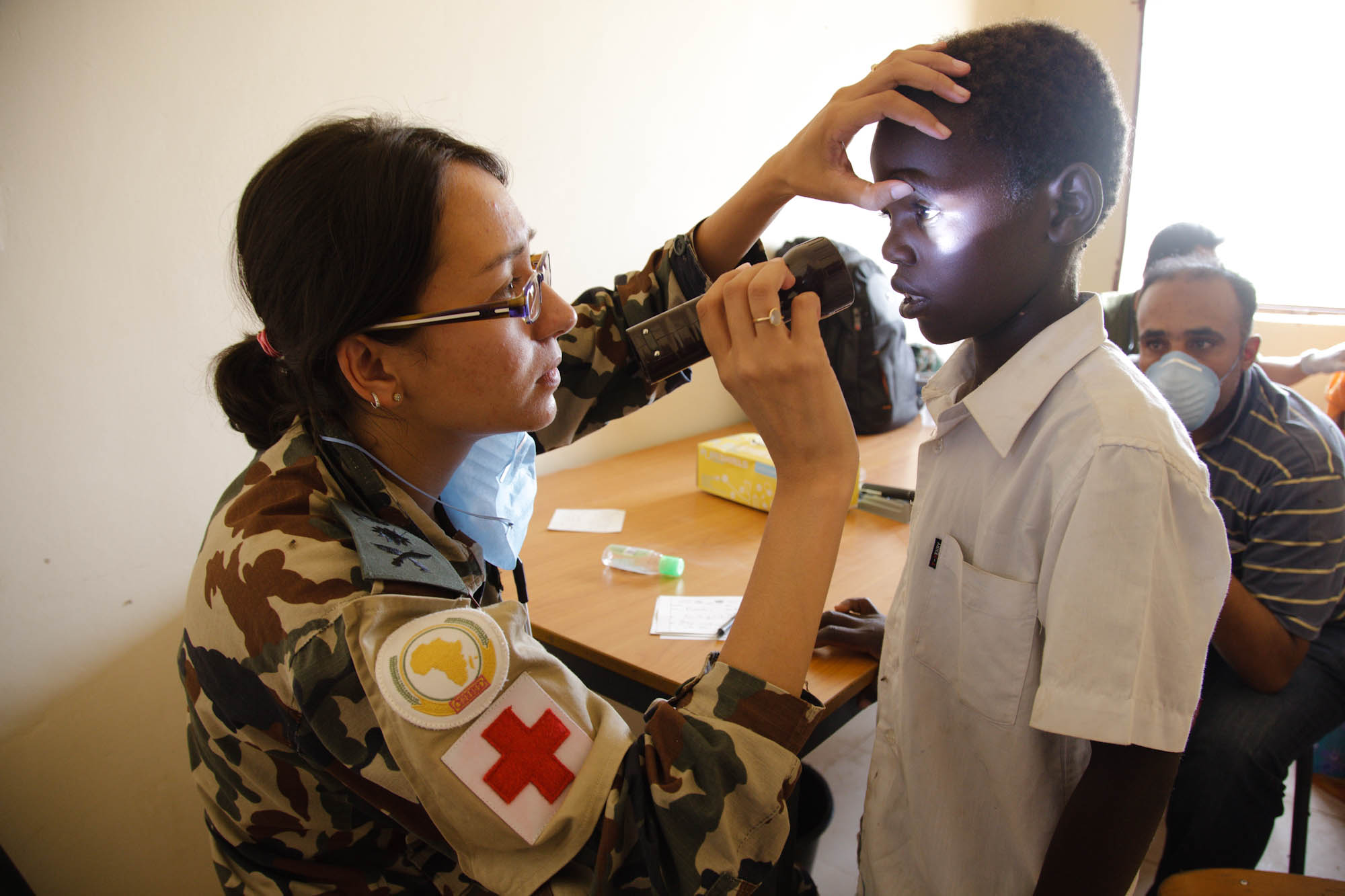The Doctors Helping Those in Need Amid Health Care Collapse in Sudan
 On April 15, 2023, conflict erupted again between the Sudanese Armed Forces and Rapid Support Forces, resulting in more than 400 deaths and a further 3,700 injured. The health care system in Sudan is under immense strain and could collapse as it tries to cope with the casualties.
On April 15, 2023, conflict erupted again between the Sudanese Armed Forces and Rapid Support Forces, resulting in more than 400 deaths and a further 3,700 injured. The health care system in Sudan is under immense strain and could collapse as it tries to cope with the casualties.
According to the World Health Organization (WHO), more than 11 million people require health care assistance in Sudan, and 80% of hospitals in conflict-affected areas are no longer functional due to the violence, destruction and interruption to access deliveries and essential resources. Since April, the WHO has found more than 50 attacks targeting health facilities, transport, health workers and patients.
To help with this health care collapse and to relieve the pressure on the health care system in Sudan, Doctors and humanitarian aid organizations have come forward to offer their critical skills and help with the crisis.
The Doctorbase App Helps Those in Need of Urgent Care
Ahmed Mujtaba runs the innovative health app y. It was created to provide health care advice to address existing issues such as poverty, with the poverty rate steadily rising from 32.2% in 2022 in Sudan. When war broke out, the app had an influx of people seeking desperate help as the violence escalated and more people were displaced. In response, dozens of doctors worldwide have signed up to advise those needing medical help, teach essential medical aid, offer potential diagnoses and direct people to the nearest functional medical facility.
Doctors Without Borders Rapidly Respond to the Crisis
Doctors Without Borders, also known as Médecins Sans Frontières (MSF), has worked relentlessly across Sudan to help those in need by providing emergency trauma care to those wounded. It created mobile clinics as hospitals were destroyed and provided clean drinking water to those displaced all over the country. The logistics team delivered fuel and critical supplies to the remaining hospitals.
The organization deployed a specialist surgical team to Bashair Teaching Hospital, performing 587 essential procedures in July. It also treated thousands of children for malnutrition. Since April, around 50,000 children with acute malnutrition have had their treatment disrupted due to the conflict, aggravated by a sharp decline in international aid.
WHO’s Public Health Expert Stays Behind to Offer Critical Assistance
The World Health Organization’s Sudanese public health expert, Dr. Nader Makki, stayed behind voluntarily amid the crisis to offer his critically needed specialist support. Political insecurity, fuel shortages and a lack of internet access have exacerbated the strain on the health care system in Sudan. Still, Makki has been facing these challenges with more than 18 years of experience in humanitarian settings behind him.
After relocating his family to a safe place, he helped set up the World Health Organization Emergency Hub in Gezira. He coordinated emergency response, negotiated, led supply distribution and provided technical and strategic support.
While the future of the health care system in Sudan remains uncertain and many remain at risk, these doctors and organizations will continue to work tirelessly to provide desperately needed health care.
– Maia Winter
Photo: Flickr
